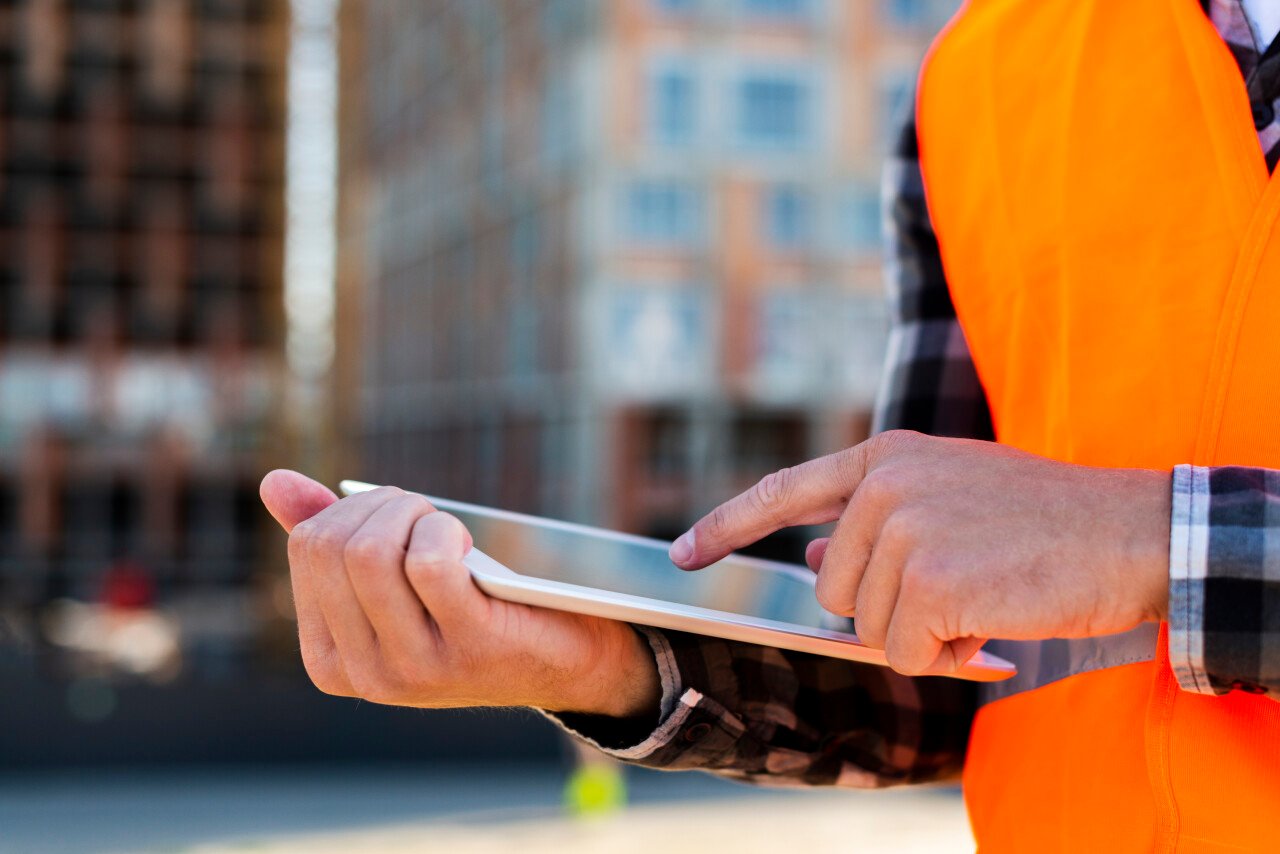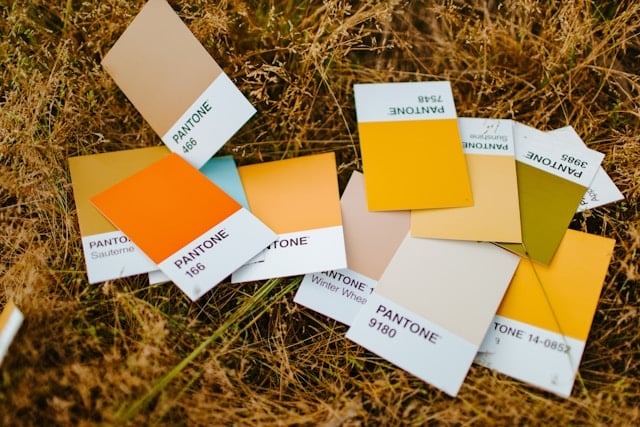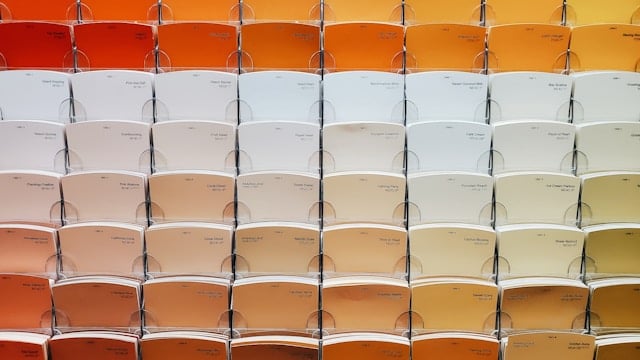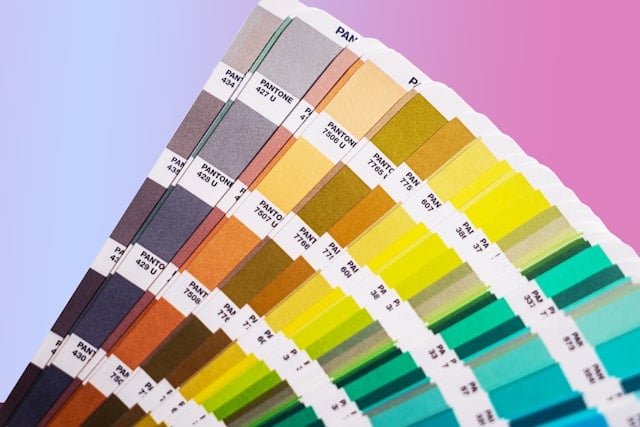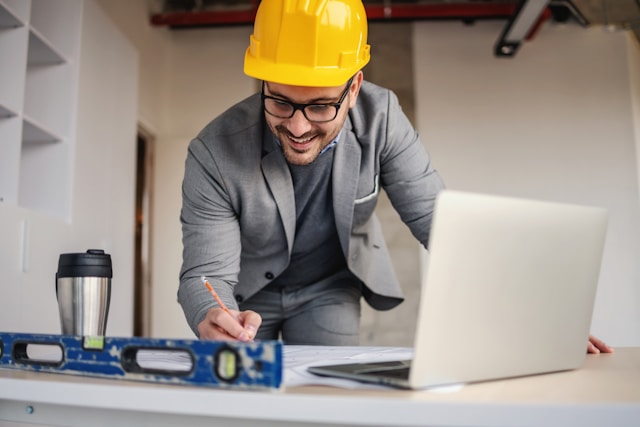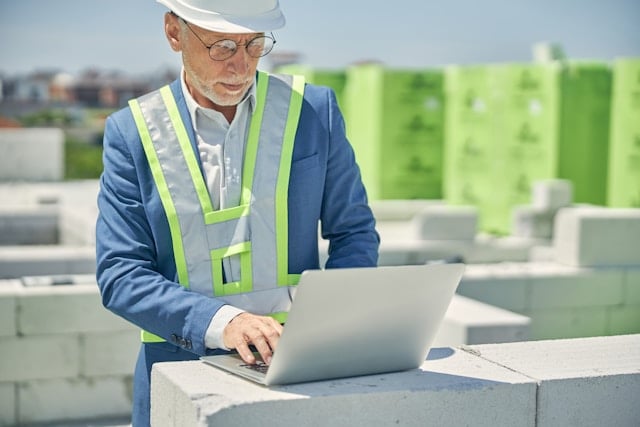The Future of Construction in the UAE: Trends to Watch in 2024 and Beyond
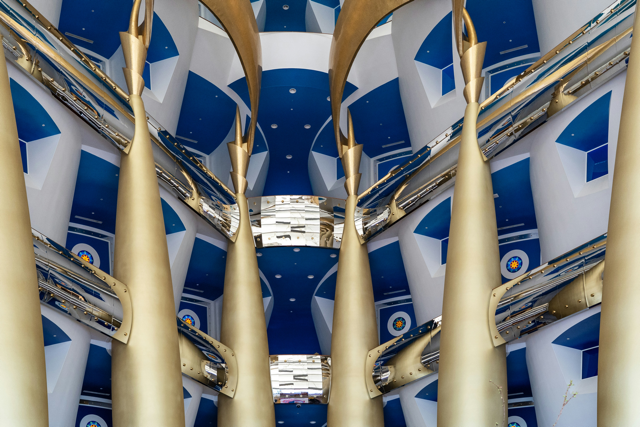
The Future of Construction in the UAE: Trends to Watch in 2024 and Beyond
The construction industry in the UAE has always been at the forefront of innovation, from building iconic skyscrapers to developing sustainable cities in the desert. As we approach 2024, the sector is poised for further transformation driven by cutting-edge technologies, sustainable practices, and new building materials. In this article, we explore the key trends that will shape the future of construction in the UAE and how industry professionals can stay ahead in this rapidly evolving landscape.
Rise of Smart Materials
Smart materials are revolutionizing the construction industry worldwide, and the UAE is no exception. These innovative materials have the ability to change their properties in response to environmental conditions, making them ideal for the harsh climate of the UAE. For example, thermochromic materials can alter their color or transparency based on temperature changes, helping to regulate building temperatures and reduce energy consumption.
In 2024, we expect to see a surge in the use of smart materials in both residential and commercial projects. Builders and developers who adopt these materials will benefit from improved energy efficiency, reduced maintenance costs, and enhanced building performance.
Sustainability Takes Center Stage
The UAE has made significant strides in promoting sustainable development, with initiatives like the Dubai Clean Energy Strategy 2050 and the UAE Net Zero by 2050 strategic initiative. As the nation continues to prioritize environmental sustainability, the construction industry will see an increased demand for green building materials and eco-friendly construction practices.
Sustainable materials such as recycled steel, low-carbon concrete, and energy-efficient insulation will become more prevalent. Additionally, we anticipate a greater focus on water conservation technologies, waste reduction, and the use of renewable energy sources in construction projects.
For construction companies in the UAE, embracing sustainability is not just a regulatory requirement—it’s a competitive advantage. Projects that prioritize eco-friendly practices are more likely to attract investors, meet regulatory approvals, and appeal to environmentally-conscious consumers.
3D Printing in Construction
3D printing technology is transforming the way buildings are designed and constructed. The UAE has already made headlines with projects like the world’s first 3D-printed office in Dubai, and this trend is set to accelerate in 2024.
3D printing allows for the rapid production of complex structures with minimal waste, offering both time and cost savings. It also opens up new possibilities for custom designs and innovative architectural forms that were previously difficult or impossible to achieve.
As the technology matures, we expect to see 3D printing used in more large-scale construction projects across the UAE, from residential homes to commercial developments and even infrastructure.
Modular and Prefabricated Construction
Modular and prefabricated construction methods are gaining traction globally due to their efficiency, cost-effectiveness, and reduced environmental impact. In the UAE, where time is often of the essence in high-profile projects, these methods are becoming increasingly popular.
Modular construction involves assembling building components off-site and then transporting them to the construction site for final assembly. This approach reduces construction time, minimizes on-site waste, and allows for better quality control.
In 2024, we anticipate a growing adoption of modular and prefabricated construction in the UAE, particularly in sectors such as hospitality, residential, and education. As more developers recognize the benefits of these methods, they are likely to become a standard practice in the industry.
Advanced Building Information Modeling (BIM)
Building Information Modeling (BIM) has already established itself as a critical tool in the construction industry, allowing for more accurate planning, design, and construction management. However, the future of BIM goes beyond 3D modeling.
In 2024, we expect to see the integration of AI and machine learning with BIM, enabling predictive analytics and more efficient project management. This next generation of BIM, often referred to as 5D BIM, will include cost and time management, providing a comprehensive view of the project lifecycle.
The UAE’s construction industry is likely to see widespread adoption of advanced BIM technologies as companies seek to improve project outcomes, reduce costs, and enhance collaboration across all stages of construction.
Urbanization and Smart Cities
The UAE is known for its ambitious urbanization projects, and the concept of smart cities is a natural evolution of this trend. Smart cities leverage technology to create more efficient, sustainable, and livable urban environments.
In 2024 and beyond, the development of smart cities in the UAE will continue to gain momentum. These cities will feature integrated IoT (Internet of Things) systems that manage everything from traffic flow and energy consumption to waste management and security.
For the construction industry, this trend means a growing demand for smart infrastructure, including smart grids, intelligent transportation systems, and energy-efficient buildings. Companies that can offer solutions and expertise in these areas will be well-positioned to capitalize on the opportunities presented by smart city development.
Emphasis on Safety and Resilience
The UAE’s construction industry has always placed a high priority on safety, but recent global events have highlighted the importance of building resilience into projects. Whether it’s resilience to natural disasters, such as earthquakes, or to human-made challenges, such as cyber threats, the future of construction will be defined by how well projects can withstand and adapt to unforeseen events.
In 2024, we expect to see a stronger emphasis on designing and constructing buildings that are not only safe but also resilient. This includes using materials and construction methods that enhance the structural integrity of buildings, as well as incorporating advanced security technologies to protect against digital threats.
Blockchain in Construction
Blockchain technology is making inroads into various industries, and construction is no exception. In the UAE, where transparency and efficiency are paramount, blockchain has the potential to revolutionize the way projects are managed.
Blockchain can be used to create immutable records of transactions, contracts, and supply chain activities, reducing the risk of fraud and ensuring greater accountability. It also facilitates more efficient payment processes, helping to avoid disputes and delays.
As the construction industry in the UAE becomes more digitally integrated, we expect to see wider adoption of blockchain technology, particularly in large-scale projects involving multiple stakeholders.
The Shift to Digital Construction Platforms
Digital transformation is rapidly changing the construction industry, and in the UAE, digital construction platforms are becoming increasingly important. These platforms integrate various aspects of construction management, from project planning and design to procurement and logistics.
In 2024, the adoption of digital construction platforms is likely to accelerate, driven by the need for greater efficiency, collaboration, and real-time data analysis. Companies that invest in these platforms will gain a competitive edge by streamlining their operations and improving project outcomes.
The Growing Importance of Training and Skill Development
As the construction industry in the UAE evolves, so too must the skills of its workforce. The introduction of new technologies and methods means that continuous training and skill development will be essential for staying competitive.
In 2024, we expect to see a greater emphasis on training programs focused on emerging technologies, sustainability, and advanced construction techniques. Companies that prioritize the development of their workforce will be better equipped to meet the challenges of the future.
The future of construction in the UAE is bright, with exciting trends set to reshape the industry in 2024 and beyond. From the adoption of smart materials and sustainable practices to the rise of digital platforms and blockchain technology, these developments offer tremendous opportunities for growth and innovation.
For companies operating in the UAE’s construction sector, staying ahead of these trends will be key to maintaining a competitive edge. By embracing new technologies, investing in skill development, and prioritizing sustainability, the industry can continue to thrive in the years to come.

